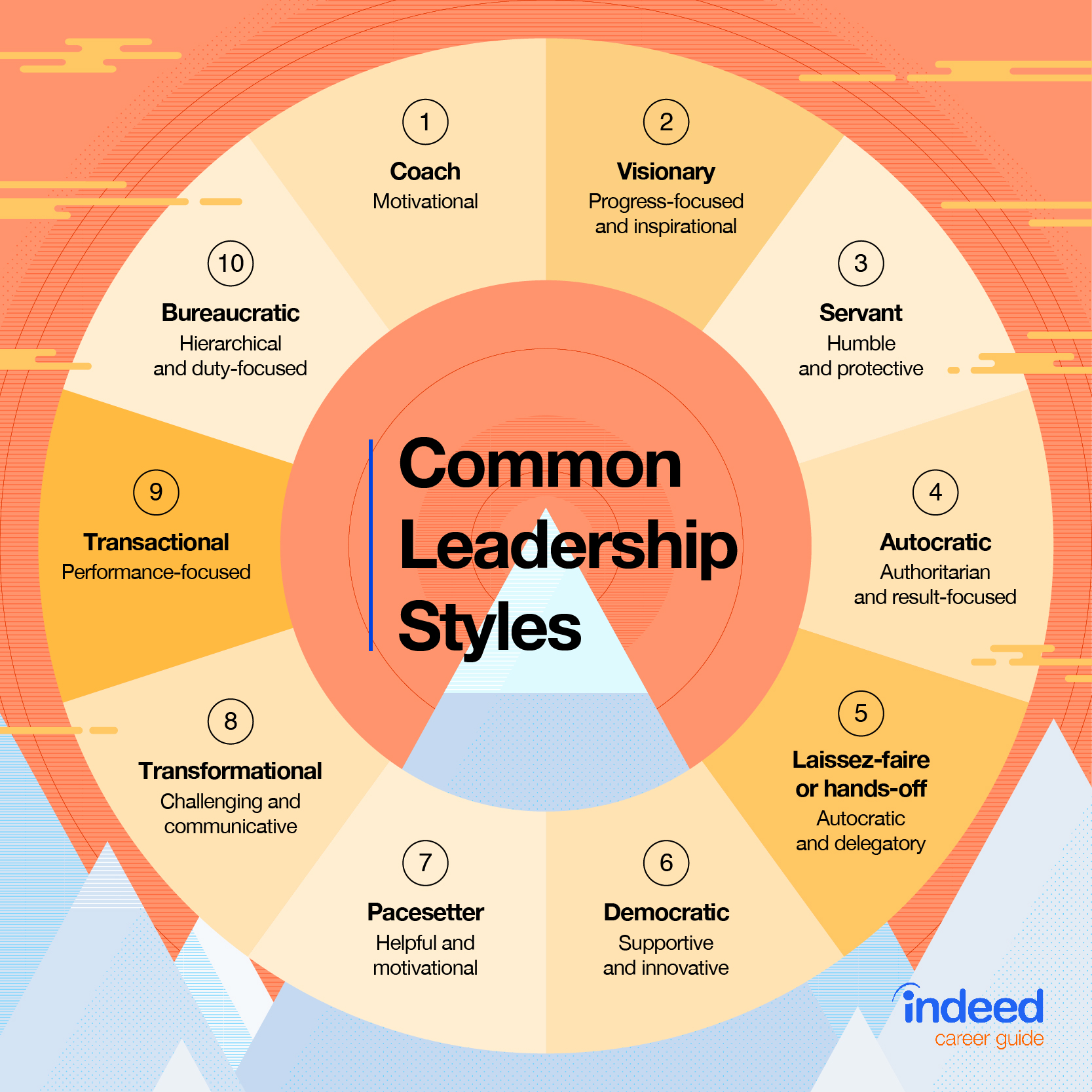Examine This Report on The Leadership Quarterly - Journal - Elsevier

The Facts About Leadership for Educational Equity Uncovered

Another difference in between leaders and supervisors is that leaders highlight innovation above all else. Whereas a manager seeks to influence their group to meet goals while following business rules, a leader may be more concerned with setting and attaining lofty goalseven at the expenditure of existing business structures. When This Is Cool has an extreme brand-new concept for how to tackle a problem, a leader is most likely to encourage that individual to pursue the concept.

They might have bosses above them, so they have less freedom to break rules in the pursuit of lofty goals. Leaders, on the other hand, typically run relatively separately. That permits them to tolerate a higher quantity of turmoil, so long as they think it will be worth it in the end.
All about Leadership - Fortune
Turmoil and high-pressure work environments can produce interpersonal concerns. When such concerns arise, a manager is most likely to see it as their task to smooth over problems between workers. Leaders can often be so singularly focused on attaining lofty objectives that they let social problems and employee well-being fall to the wayside.
Organizations describe upper-level personnel in their management structures as leadership. To be an efficient leader in company, you need to have characteristics that extend beyond management duties. Leadership abilities can be learned and leaders may progress. An individual may be referred to interchangeably as both a "leader" and a "manager," though the two terms are not always associated.
Things about Leadership Associates – California's Premier Executive
Quality of one individual or group influencing or guiding others based upon authority The leader of APEC setting the tone for the 2013 CEO top with his opening speech. Leadership is both a research study area, and a practical skill encompassing the ability of a specific, group or organization to "lead", impact or guide other individuals, teams, or whole organizations.
U.S. academic environments specify leadership as "a process of social influence in which a person can get the help and assistance of others in the achievement of a typical and ethical task". Others have actually challenged the more standard supervisory view of leadership which thinks that it is something had or owned by one individual due to their role or authority, and instead promote the intricate nature of management which is found at all levels of the institution, both within formal functions.
UNDER MAINTENANCE